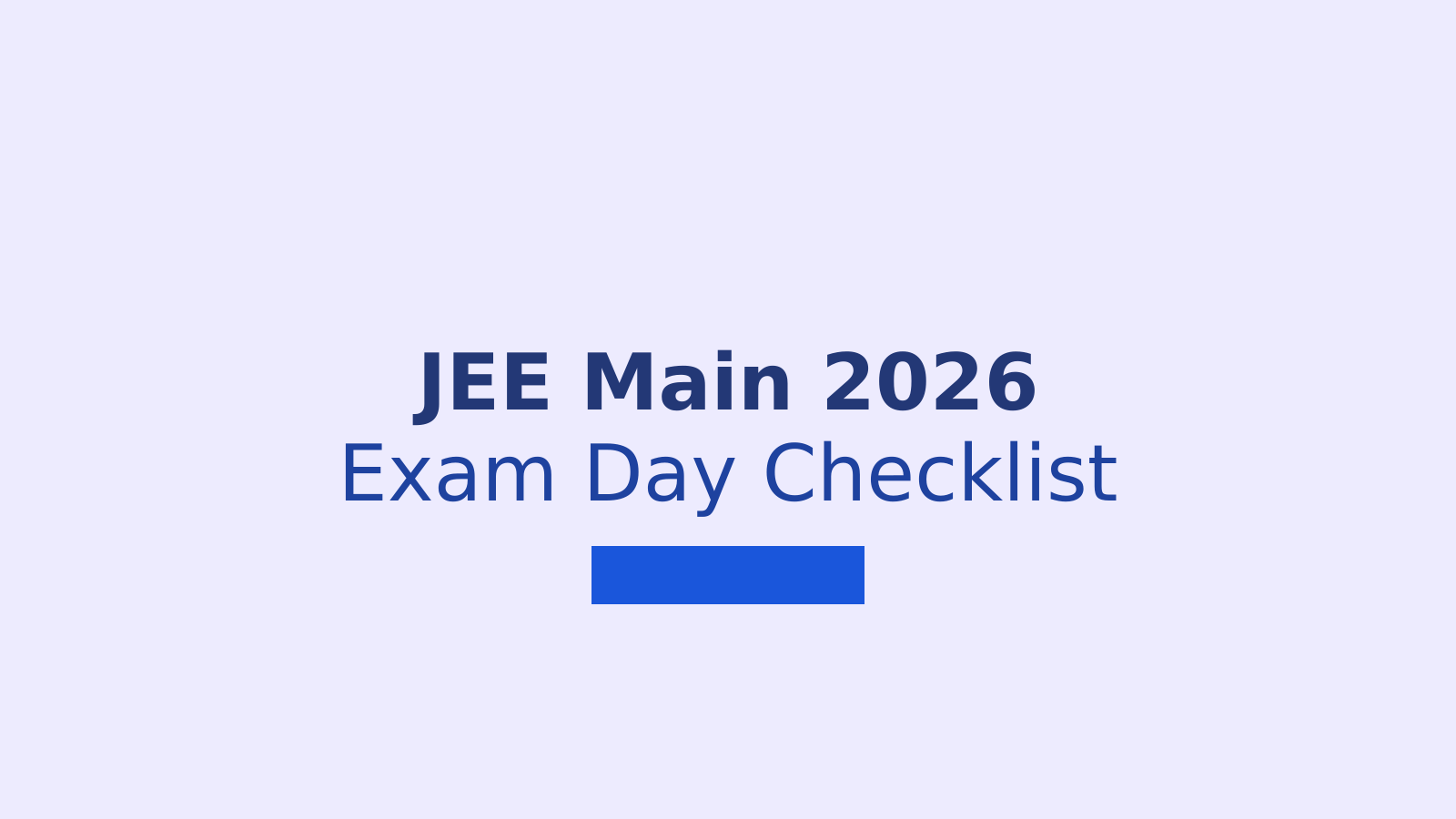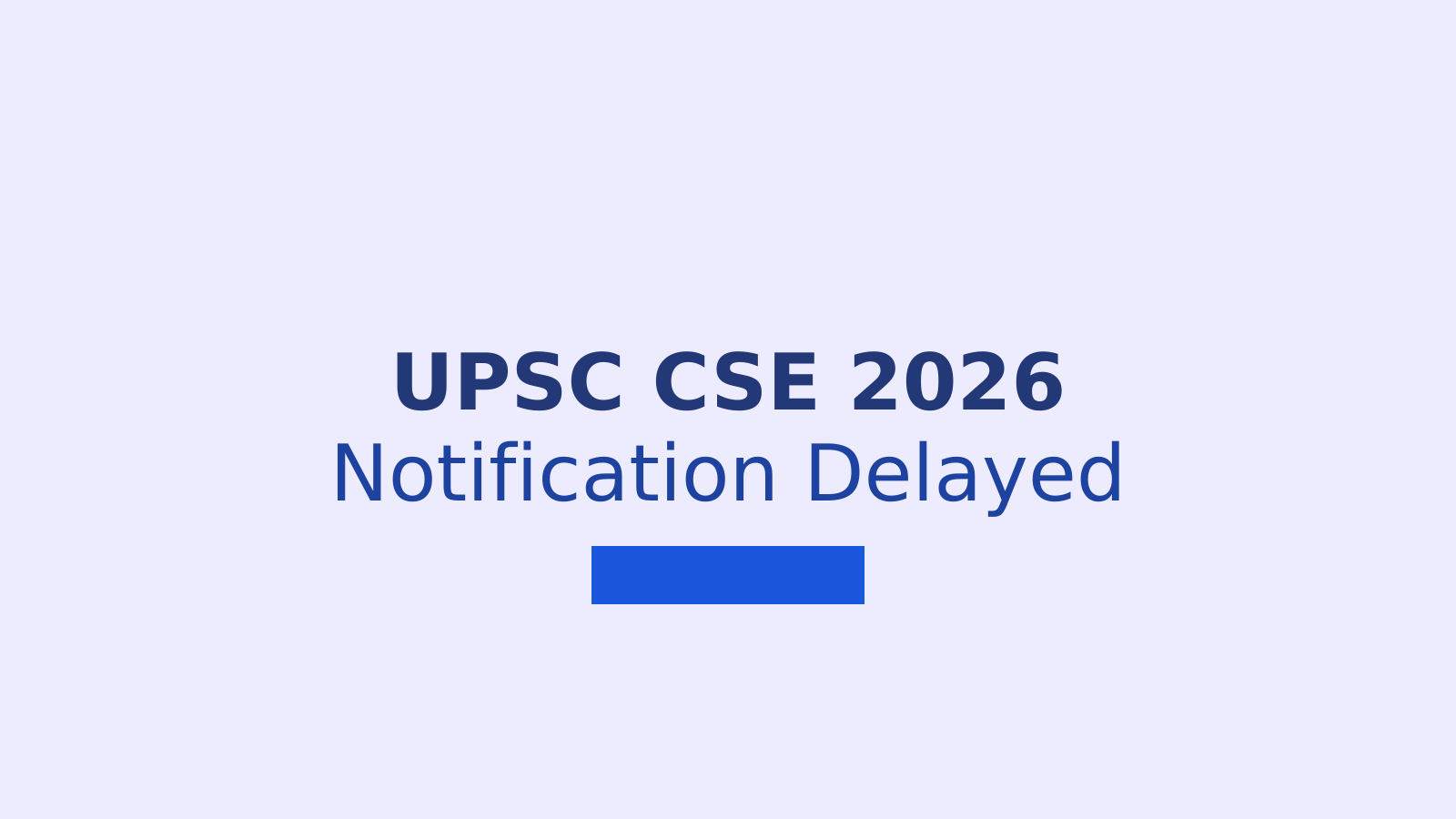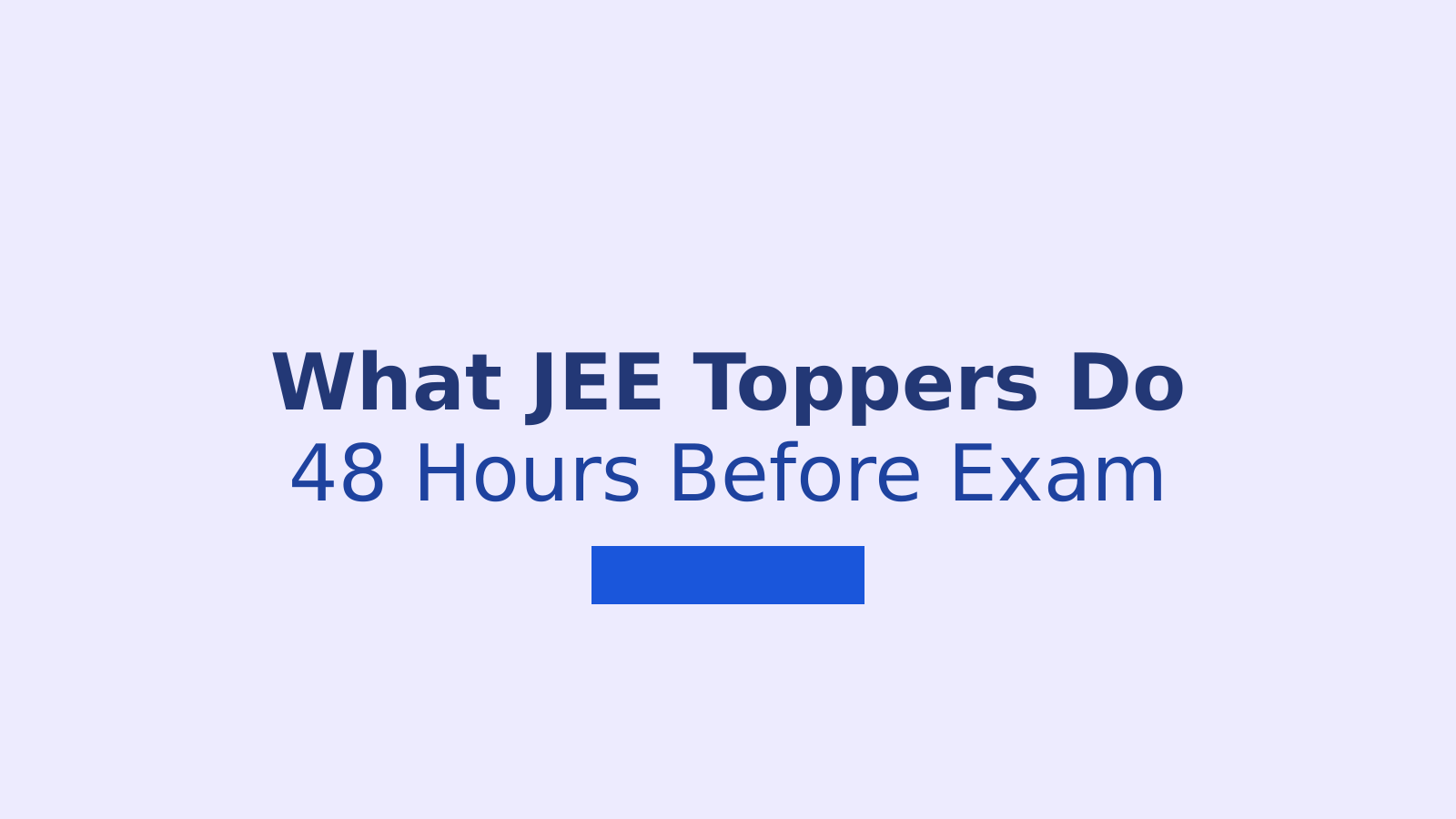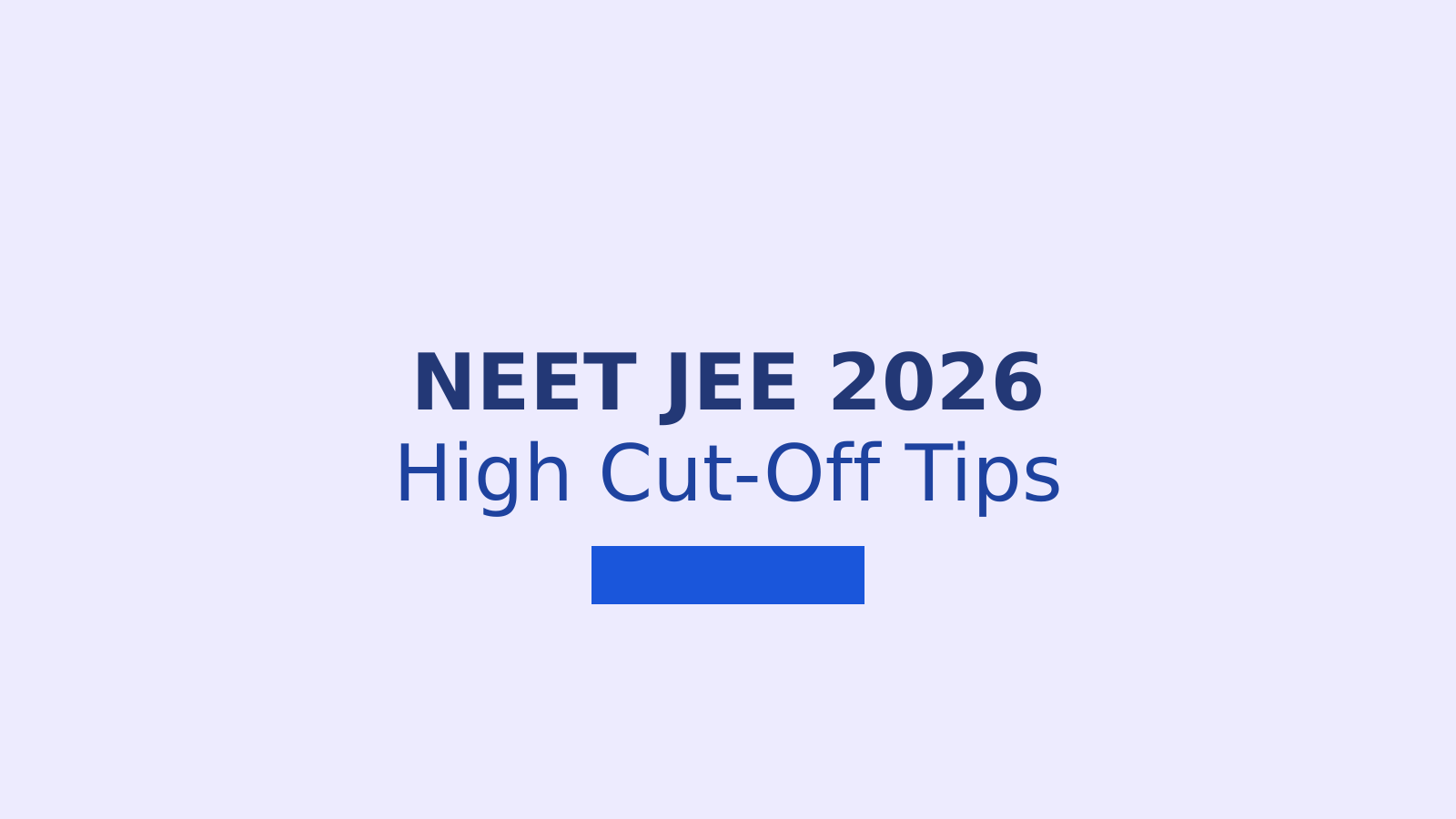Daily Current Affairs July 9, 2024
Traditional publishers such as Hachette, Harper Collins, Wiley, and Penguin Random House are suing Internet Archive.
Yogendra Singh

Mains
Science and Technology/Ethics
Internet Archive and Backlash from Book Publishers
Context
Traditional publishers such as Hachette, Harper Collins, Wiley, and Penguin Random House are suing Internet Archive.
About
● Internet Archive (IA) is a non-profit which aims to digitise, preserve, lend, and share multi-media content.
● It is embroiled in a major legal challenge as it faces off against traditional publishers accusing it of copyright violations.
● The free digital library is fighting the forced removal of around half a million books from its platform. The platform aims to function like a free library.
Case Against Internet Archive
● Internet Archives digitized a great number of books and uploaded them. It included historical sources, old classics, etc.
● Many traditional publishers have alleged that the Internet Archive violated their copyrights and illegally made their books available to the public by scanning physical copies and distributing digital files.
● Hachette vs Internet Archive, 2020: In this case, traditional publishers Hachette, HarperCollins, Wiley, and Penguin Random House sued Internet Archive. Although the district court ruled in favour of the publisher, the court also held that not all books on the Internet Archive were free.
● National Emergency Library’ (NEL) Initiative: The Internet Archive launched this initiative during the pandemic when physical libraries were inaccessible to readers. Publishers also opposed this initiative together.
Doctrine of Fair Use
● Overall, IA uses a system known as “controlled digital lending” to limit the number of people who can access an e-book.
● Hence, by offering free services during the pandemic, the Internet Archive used the doctrine of fair use to defend itself in the case, but this did not hold up.
● However, the ruling led to the removal of books from the ‘Internet Archives website.
Outcomes of the Judgement
Positives
● The judgment upholds the law and publishers must be paid for the monetary loss which they invest during the publishing of a book.
● Internet Archive's free book initiative was equivalent to book piracy as it hurt the economic interests of publishers and writers.
Negatives
● Books are fundamental necessities for millions of students who were completing their tasks and homework using Internet Archives free initiative.
● The ruling did not account for those copyright violators who are engaged in piracy on the internet.
Conclusion
Although the judgment favoured the publishers Internet Archives' free service during the Pandemic must be applauded. Further, this judgment also paved the way for Copyright violation laws on the Internet which is on a surge with the advent of AI-led GPT.
Source: The Hindu
Prelims
Science and Tech
Genome Editing Mission
Context
Kerala University of Fisheries and Ocean Studies (KUFOS) is preparing to launch a genome editing mission to boost the production of Pearl Spot Fish.
About
● Pearl spot fish is the State Fish of Kerala. It is commonly known as “Karimeen” in Kerala.
● It is an indigenous fish which is extensively found along the east and south-west coasts of Peninsular India.
● It is an important candidate species for aquaculture in ponds which can be grown both in both brackishwater and freshwater environments.
● It is cultured in traditional ponds in Kerala where it is considered a delicacy fetching a high price of up to Rs. 150/ kg.
Issues with Current Pearl Spot Farming
● The low body weight of the fish is a major cause of concern for farmers currently. The fish can attain a weight of 300 to 400 grams in a year.
● Lower Body Weight leads to lower income for the farmers although the fish is highly priced in the market.
● Pearl spots are sold in the retail market for about ₹650 to ₹700 a kg which is among the highest in the market as compared to other common fishes.
● Currently, Kerala produces only 2,000 tonnes of pearl spots annually against the market demand of 10,000 tonnes.
● If the mission becomes successful, it will on the one hand ensure the increment in productivity of the Pearl Spot while on the other hand will fulfill market demand.
Source: The Hindu
Prelims
Governance
Naavu Manujaru Programme
Context
‘Naavu Manujaru’ Programme has been launched in Schools in Kerala to inculcate social harmony among students.
About
● Naavu Manujaru’ Programme is a capacity-building program for students studying in Karnataka Schools.
● Nodal Agency: Department of State Educational Research and Training (DSERT),
● The main objective of the program is to turn all educational institutions in the State into centres of social harmony, tolerance and scientific temper.
● The program aims to improve the capacity of the students to think independently, and rationally and understand the pros and cons of every issue. It will also be helpful for the overall development of the students.
Discussion Sessions
● The program involves discussions and dialogues for two hours per week with three periods of 40 minutes.
● These sessions will be done in all government, aided, and unaided primary and high schools of the State.
● It will include one period of ‘Value Education’ and two periods of ‘Socially Useful Productive Work (SUPW)’.
Major Themes of Discussion
● The Program will include discussions on social harmony and its significance, based on local and national festivals, folk games, sports etc.
● It will also include a discussion on the thoughts of social reformers, visiting and sharing information on outbound/local famous places, cottage industries, discussion on nuclear and non-nuclear families, discussion on elimination of inequality and dialogue on constitutional values like equality, liberty and fraternity.
Source: The Hindu
Mains
Health/Economy
HPV Vaccine
Recently, there were discussions which were directed towards the HPV Vaccines and their efficacy in the current scenario.
About
Human Papilloma Virus (HPV)
● Human papillomavirus (HPV) is considered as one of the main reasons behind the Cervical Cancers and ‘precancerous lesions’ in human beings.
● It infects both men and women. But in Women, its impact is more disastrous as it causes Cervical Cancer.
● Most of the Women who have died due to Cervical Cancer have been found infected with HPV.
Vaccination Among Teenage Girls
● An ethical issue has arisen as the government is going for vaccination of the teen-age girls.
● The government has announced a universal’ vaccination of girls against HPV in order to reduce the mortality due to cervical cancer.
● It is a ‘selective’ vaccination of high-risk groups as the virus transmits during sexual intercourse.
● The Vaccination drive will be focused on pre-puberty girls. It is based on the Western notion that teenage girls indulging in promiscuous physical relations and becoming carriers of the virus are a huge risk factor for the entire adult population.
Notions against the HPV Vaccination Drive
● Scientific Base: Most of the men and women who are HPV positive do not get virus-induced cancer. Hence, HPV is not solely responsible for Cervical Cancer.
● Declining Trends of Cervical Cancer: The Population Based Cancer Registries (PBCR) of India and the International Agency for Research on Cancer (IARC) have acknowledged the declining trends of cervical cancer prevalence in India and the globe, regardless of vaccine coverage or efficacy.
● Reflection of Patriarchal Society: Men are also the carriers of the HPV. Then why should women alone targeted for vaccination?
● Promiscuous Physical Relations: In India, this idea is rarely prevalent and against the social norms. The idea of multiple sexual partners among teenage girls is a Western notion and its application in Indian society is not justified.
State of HPV Vaccination in India
● The Serum Institute of India (SII) developed an HPV vaccine called ‘Cervavac’ and promoted it as an indigenous and affordable vaccine.
● Cervavac uses similar techniques; deploying virus-like particles (VLPs) produced using Recombinant Deoxyribose Nucleic Acid (rDNA) techniques to generate an immune response against HPV infections.
● The Cervavac vaccine is currently recommended universally under the government vaccination programme for girls between the ages of nine to 26 at a price of ₹500 for two doses.
● For those who are not covered under the government program, it can go up to ₹2,000 increasing the out-of-pocket health expenditure.
Conclusion
The research conducted by premier institutes has clearly shown the declining trend of HPV infections and cervical cancers around the world. Further, the efficacy of universal HPV vaccination to prevent cervical cancer has not been proven yet. The government must take initiatives to prevent unethical vaccination in light of research conducted on HPV vaccination. It must ensure the necessity of such Vaccination which is costly for a country like India where out-of-pocket expenditure on health is among the highest in the world.
Source: The Hindu
Mains Questions
1. Discuss the importance of Genome Editing in increasing the productivity of the Livestock sector.
2. Discuss the ethical, scientific and economic issues associated with the HPV Vaccination Program in India.
Prelims Questions
1. Recently, a Genome Editing Mission was launched to increase the productivity of Pearl Spot Fish by which of the following state governments?
A. Kerala
B. Rajasthan
C. West Bengal
D. Andhra Pradesh
Answer: A
2. Consider the following statements with reference to Naavu Manujaru Programme launched by Karnataka:
1) It aims to turn all educational institutions in the State into centres of social harmony, tolerance and scientific temper.
2) It aims to improve the capacity of the students to think independently and rationally.
3) The program involves discussions and dialogues for two hours per week.
Which of the following statements is/are Correct?
A. One Only
B. Two Only
C. All Three
D. None
Answer: C



